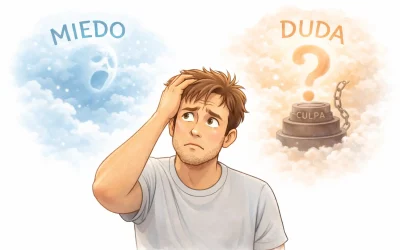The therapy we follow at IPITIA can be considered eclectic and integrative.
Eclectic means that we take aspects from different psychological lines, from Theodore Millon’s biopsychosocial theory, from cognitivism, from Carl Gustav Jung’s theory, from humanism and also from ethology, specifically from primatology, the study of primate behaviour. And it is integrative in that we combine all these perspectives in a therapeutic treatment method in which two aspects take precedence: the analysis of the patient’s personal history where we focus on the traumatic aspects, specific or extended in time, and their consequences, past and present, both psychological and social, and, on the other hand, once these consequences have been detected, we work, not with the symptom, but directly with the blockages generated in the inhibition, both instinctive and emotional, in the patient’s life. Blockages which, in many cases, are accompanied by emotions such as fear and/or guilt, and, on some occasions, elements of repressed anger.
We do this in cases where no psychotic component is detected in the patient, which is the vast majority of cases. If there are psychotic aspects, the procedure has another line of action.
Therefore, what we are going to do is to try to unblock the ‘repressed’ that was generated due to traumatic or stressful circumstances experienced in the past, beyond the possible genetic disposition of the patient which, as I always say, predisposes but does not condemn.
In short, we are going to expose the patient not to their fears or symptoms but to their desires, especially those latent vital desires that have been ignored or inhibited for years.
And we will do this through action and direct intervention of the patient in real life with agreed proposals of activities or realisations that, in principle, should be developed.
This therapy is not directly ascribed to any psychological current but draws from different lines as I have already mentioned and if it had to be qualified in any way we could call it analytical-experiential in that, on the one hand, we search for and analyse the patient’s past and present history and we encourage them to actively intervene in their daily life with actions that can lead to a significant reduction in anxiety and, therefore, in obsessive manifestations.
Director of IPITIA
Barcelona, November, 2024




